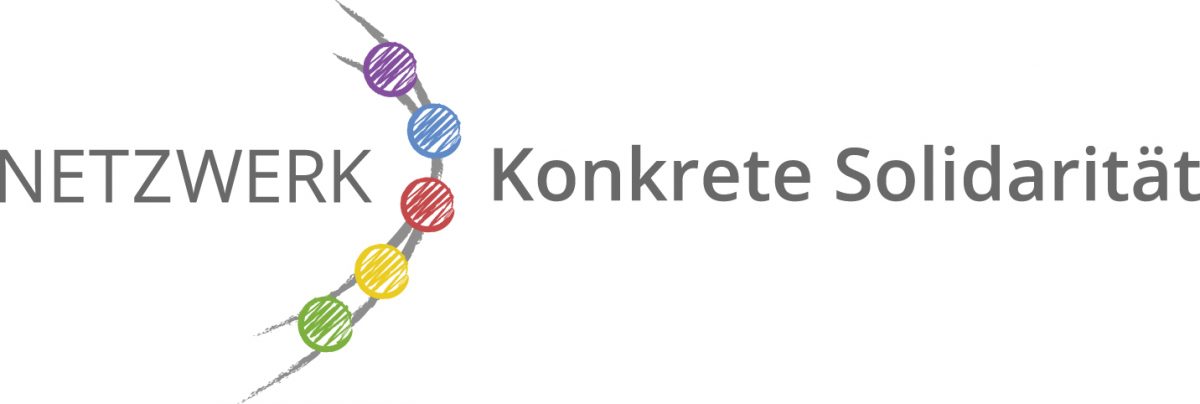More important Verbs with examples – Weitere wichtige Verben mit Beispielen:
helfen (dat.) – to help
gehören (dat.) – to belong to
mögen (acc.) – to like
kennen (acc., direct object) – to know someone/something
zeigen (dat. + acc.) – to show
wünschen (dat. + acc.) – to wish
abbrevations used here:
m – masculine
f – feminine
n – neutrum
PL – Plural
dat. – dative complement / dative case
acc. – accusative complement / accusative case
helfen (dat.) – to help
Hilfst du mir bitte kurz mal? – Ja klar, Moment. Ich helfe dir. / Would you please help me shortly? – Yes, one moment. I help you.
Peter hilft Maria. – Er hilft ihr. / Peter is helping Maria. He is helping her.
Maria hilft Peter. – Sie hilft ihm. / Maria is helping Peter. She is helping him.
ATTENTION! „helfen“ is an irregular verb:
ich helfe, du hilfst, er/sie/es/man hilft, wir helfen, ihr helft, sie/Sie helfen
LEARN! § The nominative, dative and accusative case of the personal pronouns:
ich(nom.) – mir(dat.) – mich(acc.)
du – dir – dich
er – ihm – ihn
sie – ihr – sie (feminin)
es – ihm – es
wir – uns – uns
ihr – euch – euch
sie – ihnen – sie (Plural)
Sie – Ihnen – Sie (formal)
gehören(dat.) – to belong to
Gehört Ihnen das Handy? – Does the handy belong to you?
Ja, das Handy, gehört mir. – Yes, the mobile belongs to me.
Gehört dir der Hut? – Does the hat belong to you?
Nein, der Hut gehört mir nicht. – No, the hat does not belong to me.
Gehört die Tasche dir? – Does the bag belong to you?
Nein, die Tasche gehört dem Herrn dort drüben. – No, the bag belongs to the gentleman over there.
ATTENTION! In the German language the dative object is here the person, not the thing that belongs to us. So „Handy“, „Hut“ and „Tasche“ have the nominative case here. The same applies to the verbs „schmecken“ (to taste), „gefallen“ (to fancy) and some other verbs that we’ll discuss later.
mögen(acc.) – to like
Magst du mich? – Do you like me?
Ja, ich mag dich. – Yes, I like you.
Magst du Maria? – Ja, ich mag sie. / Do you like Maria? – Yes, I like her.
Magst du Peter? – Ja, ich mag ihn. / Do you like Peter? – Yes, I like him.
Mögt ihr uns? – Ja, wir mögen euch. / Do you(informal, Plural) us? – Yes, we like you.
Mögen Sie mich? – Ja, ich mag Sie. / Do you like me? – Yes, I like you (formal).
ATTENTION! mögen is a strong(irregular) verb:
ich mag, du magst, er/sie/es mag, wir mögen, ihr mögt, sie/Sie mögen
kennen(acc.) – to know
Kennst du Markus? – Ja, ich kenne ihn. / Do you know Markus? – Yes, I know him.
Kennst du seine Schwester? – Ja, ich kenne sie. / Do you know his sister? – Yes, I know her.
Kennst du schon das gute Restaurant um die Ecke? – Ja, ich kenne es. / Do you already know the good restaurant around the corner? – Yes, I know it.
ATTENTION! Don’t confuse kennen with können. „Können“ is a modal verb. Here the differences in the conjugation (present tense):
können (engl. can) – ich kann, du kannst, er/sie/es/man kann, wir können, ihr könnt, sie/Sie können
kennen (engl. to know) – ich kenne, du kennst, er/sie/es kennt, wir kennen, ihr kennt, sie/Sie kennen
and here the differences in the other tenses:
kennen – er kennt (he knows) – er kannte (he knew) – er hat gekannt (he had known)
können – er kann (he can) – er konnte (he could) – er hat gekonnt
REMEMBER! Don’t confuse „kennen“ with „wissen“. You can NOT say „Ich weiß dich“, you have to say „Ich kenne dich.“ This is mostly the case with direct objects, especiallay when one talks about persons. „Wissen“ is very often used with a subordinate clause (e.g. Ich weiß nicht, wo Peter wohnt. / I don’t know, where Peter lives).
zeigen (dat. + acc.) – to show
Ich zeige dir morgen die Urlaubsfotos. – I’m gonna show you the holiday fotos tomorrow.
REMEMBER! The verb „zeigen“ has two objects. The person we show something (here „dir“, the dative object) and the thing shown to the person(here „Urlaubsfotos“, the accusative object).
wünschen (dat. + acc.) – to wish
Like „zeigen“, „wünschen“ requires two objects.
Ich wünsche Ihnen(dat.) ein schönes Wochenende(acc.). – I wish you a nice weekend.
Ihnen is the dative case of the formal „Sie“, ein schönes Wochenende is the other object in the accusative case.
Gender of the nouns used in this lesson:
Moment(m), Momente(PL) – moment
Handy(n), Handys(PL) – mobile
Hut(m), Hüte(PL) – hat
Tasche(f), Taschen(PL) – bag
Schwester(f), Schwestern(PL) – sister
Restaurant(n), Restaurants(PL) – restaurant
Ecke(f) – corner
Urlaub(m) – holiday
Foto(n), Fotos(PL) – foto
Wochenende(n), Wochenenden(PL) – weekend


